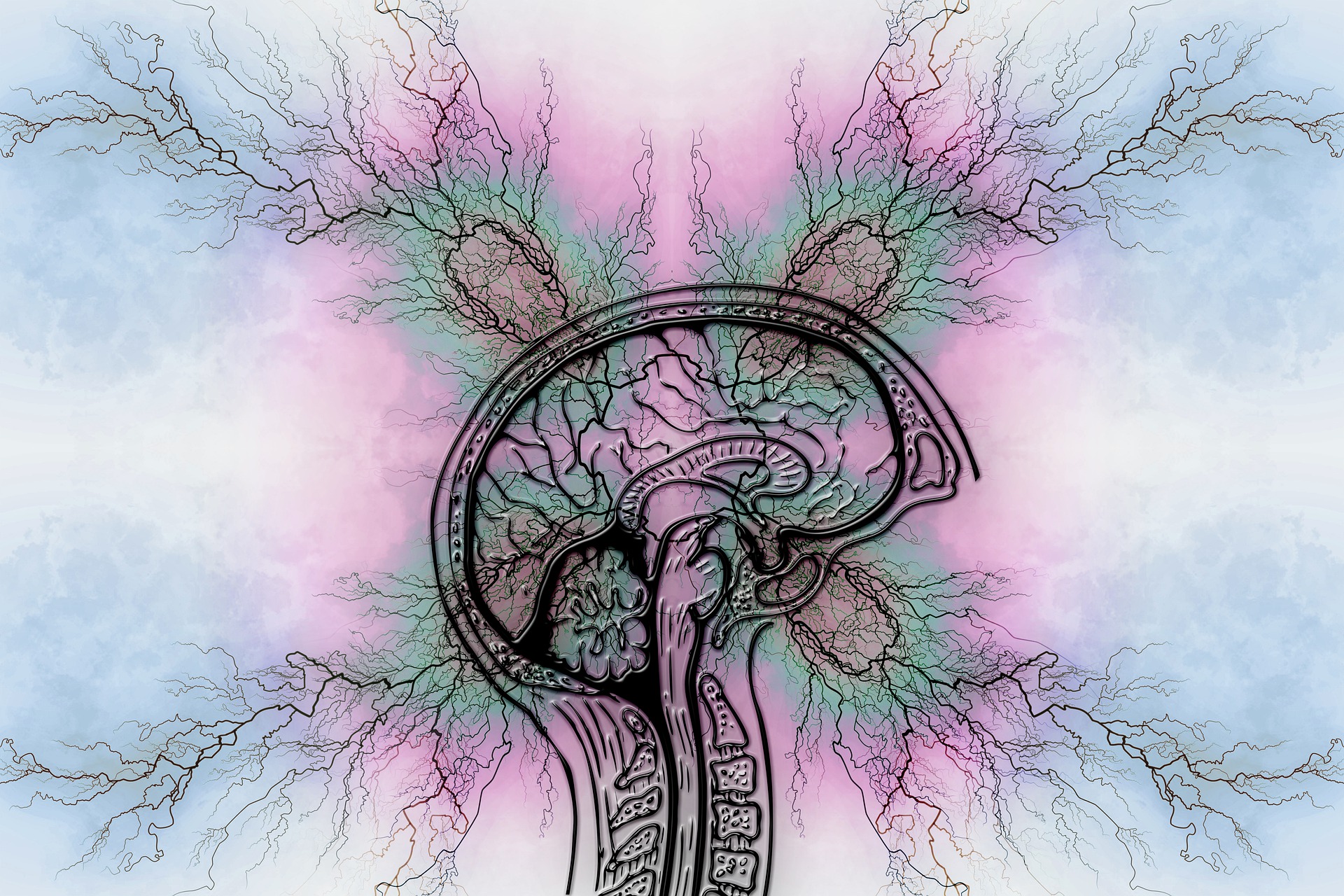7 Natural And Alternative Therapies For Managing Epilepsy
Epilepsy, a neurological disorder characterized by recurrent seizures, affects millions of people worldwide. Living with epilepsy can be challenging, and while traditional treatments like medication are essential, many individuals seek complementary therapies to enhance their quality of life. This blog explores seven natural and alternative therapies that can help manage epilepsy symptoms effectively.
Author:Velma BattleReviewer:Michael RachalJun 20, 20244.6K Shares160.5K Views

Epilepsy, a neurological disorder characterized by recurrent seizures, affects millions of people worldwide. Living with epilepsy can be challenging, and while traditional treatments like medication are essential, many individuals seek complementary therapies to enhance their quality of life. This blog explores seven natural and alternative therapies that can help manage epilepsy symptoms effectively.
Dietary Changes
Diet plays a significant role in managing epilepsy, and specific dietary interventions can have profound effects. The ketogenic diet, high in fats and low in carbohydrates, has been shown to reduce seizure frequency in many patients. This diet forces the body to use fat for energy, producing ketones, which can help stabilize brain activity. One study revealed that children on a ketogenic diet experienced a 50% reduction in seizures.
Another beneficial dietary approach is the low glycemic index treatment (LGIT) diet. It focuses on foods that have a low glycemic index to maintain steady blood sugar levels, which can help control seizures. Research has shown that maintaining stable blood sugar levels can minimize the likelihood of seizures triggered by spikes or drops in glucose. Incorporating these dietary changes requires careful planning and consultation with a nutritionist to ensure nutritional balance and effectiveness. Meal planning and consistent monitoring are key to successfully implementing these dietary therapies.
Herbal Remedies
For centuries, herbal remedies have been used to treat various ailments, including epilepsy. Herbs like valerian root, passionflower, and kava are known for their calming properties and potential to reduce seizure frequency. Valerian root, for example, has sedative effects that can help ease nervous system excitability. Passionflower and kava have similar calming effects and can be used as tea or supplements.
However, it is crucial to consult with healthcare providers before starting any herbal treatment. Some herbs can interact with prescription medications or may not be suitable for all individuals. St. John’s Wort, for example, can interfere with the effectiveness of certain antiepileptic drugs. Proper guidance ensures the safe and effective use of these natural remedies. Engaging with a knowledgeable herbalist can also provide personalized recommendations and dosage guidelines.
Acupuncture
Acupuncture, an ancient Chinese practice, involves inserting thin needles into specific points on the body to balance energy flow. Research suggests that acupuncture can help reduce seizure frequency and severity by modulating the nervous system. Some patients report feeling more relaxed and experiencing fewer seizures after regular acupuncture sessions. The practice aims to restore the body's natural balance, which can be disrupted in epilepsy.
Acupuncture may seem unconventional, but several studies and patient testimonials highlight its potential benefits. Incorporating acupuncture into your epilepsy management plan could provide an additional layer of relief. Always seek treatment from a licensed and experienced acupuncturist to ensure safety and efficacy. Additionally, it is beneficial to track your progress and response to treatment over time to gauge its effectiveness.
Medical Cannabis
Medical cannabis has gained attention as a potential therapy for epilepsy, particularly for those who do not respond well to conventional treatments. Compounds in cannabis, such as CBD, have anticonvulsant properties that can help manage seizures. Epidiolex, a CBD-based medication, is FDA-approved for treating certain types of epilepsy. Patients have reported significant reductions in seizure frequency and severity with its use.
In Florida, where medical cannabis is legal for certain conditions, patients must maintain a valid medical marijuana card. If you are already using cannabis, it's crucial to opt for Florida medical marijuana card renewaland keep your card up to date to ensure uninterrupted access to your treatment. This step is essential for compliance with local laws and continued therapeutic benefits. Many patients have shared positive experiences with medical cannabis, reporting fewer and less severe seizures. Regular consultations with a healthcare provider can help monitor your progress and adjust dosages as needed.
Mind-Body Techniques
Mind-body techniques, including yoga, meditation, and biofeedback, can significantly benefit individuals with epilepsy. These practices promote relaxation, reduce stress, and enhance overall well-being, which can positively impact seizure control. Yoga combines physical postures, breathing exercises, and meditation, creating a holistic approach to wellness. Meditation helps calm the mind, reducing stress and anxiety, which are common seizure triggers.
Yoga and meditation help calm the mind and body, reducing the likelihood of stress-induced seizures. Biofeedback, a technique that teaches control over physiological functions, can also be effective in managing epilepsy. Biofeedback involves using electronic monitoring to convey information about bodily functions, enabling individuals to gain voluntary control. Integrating these practices into your daily routine can provide a sense of control and peace, helping you cope better with the condition. Consistency is key to reaping the full benefits of these mind-body techniques.
Essential Oils And Aromatherapy
Essential oils, extracted from plants, offer therapeutic benefits that can aid in managing epilepsy symptoms. Oils like lavender and chamomile are known for their calming and anticonvulsant properties. Aromatherapy, the use of essential oils through inhalation or topical application, can help reduce anxiety and promote relaxation. Studies have shown that certain essential oils can have neuroprotective effects.
Using essential oils requires caution. Always dilute oils properly before applying them to the skin and avoid using them near open flames. Consulting with an aromatherapist or healthcare provider can ensure safe and effective use. Additionally, it’s important to use high-quality, pure essential oils to avoid adverse reactions. Incorporating aromatherapy into your bedtime routine can help improve sleep quality and reduce nighttime seizures.
Chiropractic Care
Chiropractic care, which involves spinal adjustments, can positively influence the nervous system and potentially reduce seizure activity. The theory behind chiropractic treatment for epilepsy is that misalignments in the spine may disrupt nervous system function, and adjustments can help restore balance. Regular chiropractic adjustments may enhance overall neurological health.
While more research is needed to fully understand its benefits, many patients report improvements in seizure control and overall health with regular chiropractic sessions. As with any therapy, it is vital to seek treatment from a licensed and experienced chiropractor. Chiropractic carecan be used in conjunction with other therapies to provide a comprehensive approach to epilepsy management. Regular assessments and adjustments can help maintain optimal spinal health and nervous system function.
Conclusion
Exploring natural and alternative therapies for managing epilepsy offers hope and additional options for those living with this condition. While these therapies should not replace conventional treatments, they can complement traditional approaches, providing a holistic and integrative strategy for seizure management. Always consult with healthcare professionals before starting any new therapy to ensure safety and suitability for your specific needs.
Embracing a multi-faceted approach to epilepsy management can enhance your quality of life, offering new avenues of relief and control. What natural therapies have you tried? Share your experiences and join the conversation on improving epilepsy care. Taking a proactive role in managing your health can lead to better outcomes and a more fulfilling life.

Velma Battle
Author
Travelling Expert

Michael Rachal
Reviewer
Travelling Expert
Latest Articles
Popular Articles